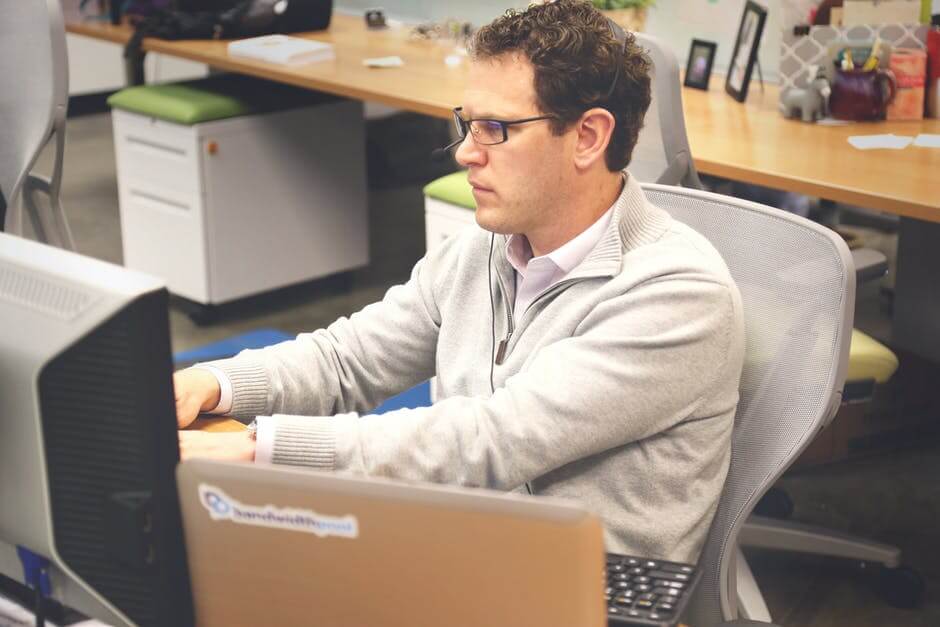Business
Busy and productive are two different things—here’s why
Saying no to additional tasks can lead to an increase in productivity.

Anyone who has their hands full whether at home or at work would come across the words “busy” and “productive.” But what sets these two apart?
What is being busy?
According to Sylvia Belleza, the author of a paper published in the Journal of Consumer Research, there is a perception that a busy individual has the desired human capital traits such as competence and ambition and he or she is usually scarce or in demand in the job market. Aspirational objects in being busy are bragging how busy they are, which signals how the labor market values them or their skills.
The downside of being busy is that it reduces productivity. A study from Microsoft revealed that it took an average of 15 minutes for a person to get back to his or her tasks everytime they were interrupted by phone calls or emails. These interruptions let them do other things like surf the net. Moreover, being busy reduces productivity as there’s a bottleneck in the brain that doesn’t let people concentrate on two things at once.
What is being productive?
Being able to accomplish a lot in one day is a great feeling. However, to be productive means more than just checking off all your tasks on your to-do list. In fact, to be productive means to-do fewer things in your workday. This means that you have to follow some habits like cutting your to-do list in half by focusing on tasks that really matter; taking more breaks to recharge your brain; use mornings to focus on yourself; tackling the hardest things to do before you take your lunch break; creating a system where you’re less distracted such as checking your email at set times during the day; and avoiding to multi-task.

If a person is busy, that does not mean he or she is being productive. (Source)
Try timekeeping—and learning how to say “no” to tasks
The problem with being busy and staying productive is that sometimes, people just can’t say “no” to a number of things. However, not being able to say no can yield negative effects such as overcommitting ourselves to something we can’t really do. According to time management expert Laura Vanderkam, it’s wise to estimate your time daily by keeping a detailed time diary for a week or two to see where you’re actually putting in all of your time.
To learn how to save your sanity and say “no”, Dr. Christine Carter suggests to prepare yourself to say “no” such as blocking your time on your calendar. Second, say “no” – verbally. Third, don’t look back on not being able to say “yes” and learn how to feel good about your choice.

-

 Impact Investing2 weeks ago
Impact Investing2 weeks agoEU Eases CO2 Tax Burden on SMEs with Revised CBAM Rules
-

 Fintech10 hours ago
Fintech10 hours agoRobinhood Expands to Europe with Tokenized Stocks and Perpetual Futures
-

 Business1 week ago
Business1 week agoAmerica’s Debt Spiral: A $67 Trillion Reckoning Looms by 2035
-

 Crowdfunding4 days ago
Crowdfunding4 days agoTasty Life Raises €700,000 to Expand Pedol Brand and Launch Food-Tech Innovation

























You must be logged in to post a comment Login